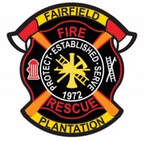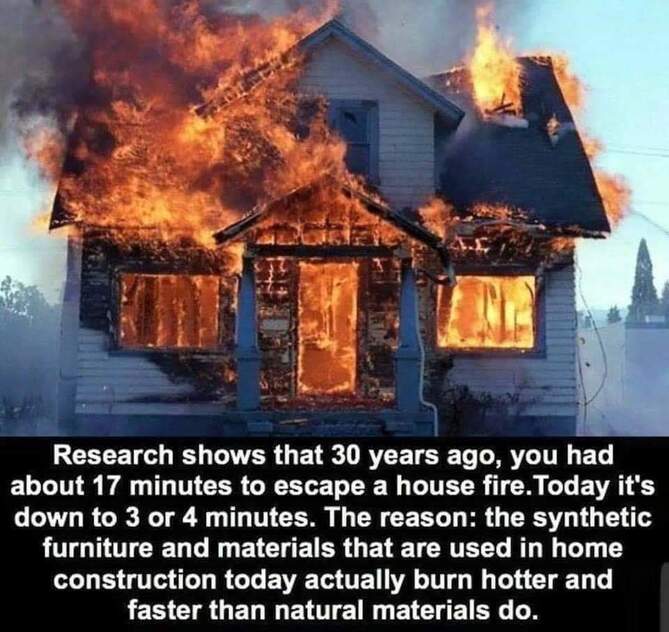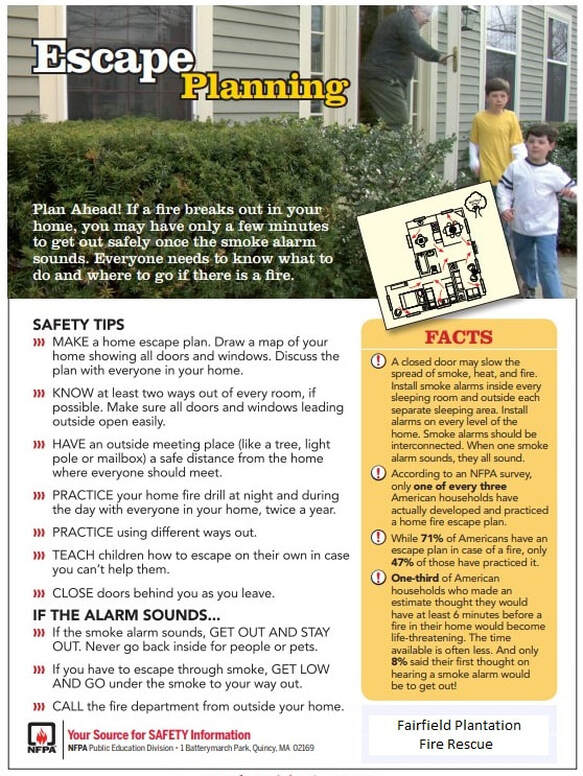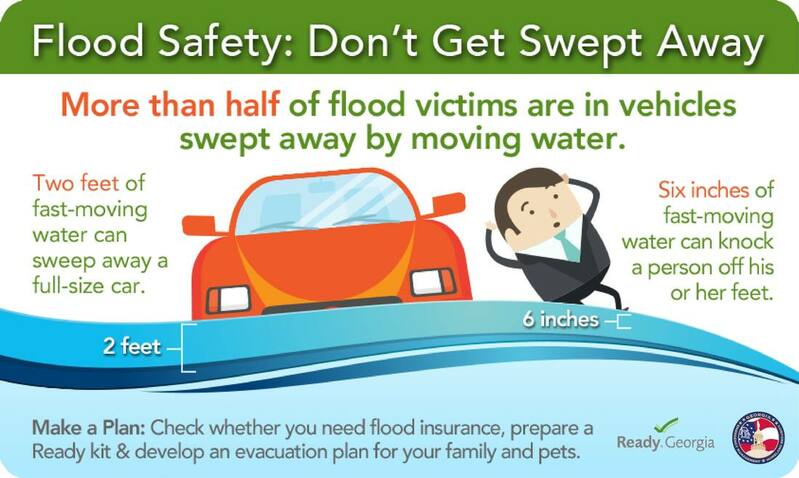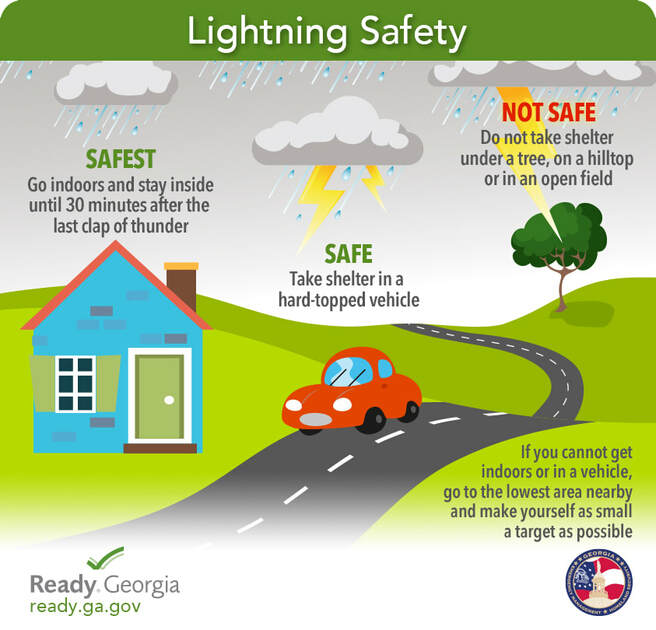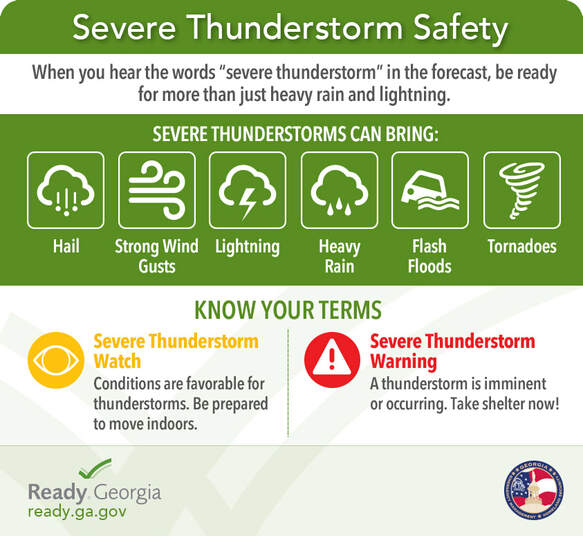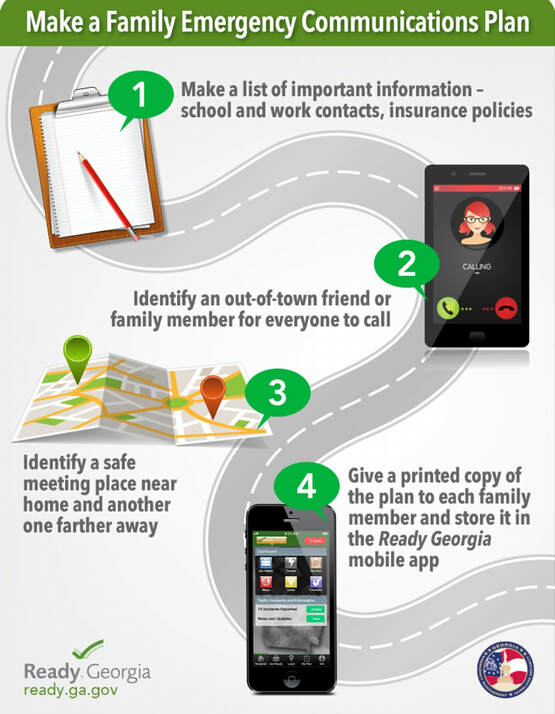Carroll County Water Authority Sewer Testing
CCWA is preparing to smoke test selected sanitary sewer pipelines within Fairfield Plantation during the weeks of July 20th (Basin 3A) and August 17th (Basin 8). Testing will be performed between the hours of 8:00 am and 5:00 pm. Please review the Smoke Test Area map to see if your home is within its limits. CCWA strongly recommends that residents within the test area read the Frequently Asked Questions document on their website.
Smoke testing is a common and effective technique used to identify areas where unauthorized water, such as rain water, creek water, and other storm water runoff, enters the sewer collection system. Storm water runoff that enters the sewer collection system adds to the volume of water that must be processed by the wastewater treatment plant. CCWA hopes to reduce wastewater treatment plant flows and associated costs by addressing leakage identified through smoke testing.
During the test, you can expect to see smoke escaping through vent stacks on the roof of homes within the test area, indicating the building’s plumbing was properly installed. It is important to note that test smoke emitting from roof vents does NOT indicate that the home is on fire. You should also expect to see smoke escaping through the ground, building foundations, gutters, yard cleanouts, manhole covers and pavement indicating a potential entry point for unauthorized water. The correction of any defects in the pipes and sewer on private property is the responsibility of the property owner.
Since smoke is used to identify potential entry points of unauthorized water, personnel from CCWA and CSL Services, Inc. (CCWA’s contractor) will also be walking through the test area, and in some cases backyards and wooded areas, attempting to identify where smoke is emitted from the sewer system. CSL and CCWA personnel will be easily identified by their uniformed shirts and labeled trucks. For more information regarding the areas scheduled for testing, specifics about the “smoke” that will be used, and what to do if the smoke does get into your home, please view our Frequently Asked Questions document. If you have additional questions or concerns after reading the FAQ, please contact Tom Kohler, CCWA’s Engineering Manager, at (678) 890-0055 or [email protected].
CCWA is preparing to smoke test selected sanitary sewer pipelines within Fairfield Plantation during the weeks of July 20th (Basin 3A) and August 17th (Basin 8). Testing will be performed between the hours of 8:00 am and 5:00 pm. Please review the Smoke Test Area map to see if your home is within its limits. CCWA strongly recommends that residents within the test area read the Frequently Asked Questions document on their website.
Smoke testing is a common and effective technique used to identify areas where unauthorized water, such as rain water, creek water, and other storm water runoff, enters the sewer collection system. Storm water runoff that enters the sewer collection system adds to the volume of water that must be processed by the wastewater treatment plant. CCWA hopes to reduce wastewater treatment plant flows and associated costs by addressing leakage identified through smoke testing.
During the test, you can expect to see smoke escaping through vent stacks on the roof of homes within the test area, indicating the building’s plumbing was properly installed. It is important to note that test smoke emitting from roof vents does NOT indicate that the home is on fire. You should also expect to see smoke escaping through the ground, building foundations, gutters, yard cleanouts, manhole covers and pavement indicating a potential entry point for unauthorized water. The correction of any defects in the pipes and sewer on private property is the responsibility of the property owner.
Since smoke is used to identify potential entry points of unauthorized water, personnel from CCWA and CSL Services, Inc. (CCWA’s contractor) will also be walking through the test area, and in some cases backyards and wooded areas, attempting to identify where smoke is emitted from the sewer system. CSL and CCWA personnel will be easily identified by their uniformed shirts and labeled trucks. For more information regarding the areas scheduled for testing, specifics about the “smoke” that will be used, and what to do if the smoke does get into your home, please view our Frequently Asked Questions document. If you have additional questions or concerns after reading the FAQ, please contact Tom Kohler, CCWA’s Engineering Manager, at (678) 890-0055 or [email protected].
Street Paving Begins
Fairfield Plantation has contracted Brooks Paving to begin this fiscal year's paving project beginning June 22nd. Paving and repair work will last approximately two weeks. In addition to resurfacing the roads listed below, they will be milling and repaving several sections of Lakeview Parkway and numerous areas in need of repair, including CCWA road cuts. Please be advised that once resurfacing has begun, the paving crew will initially put down an oily substance which acts as "glue" for the next layer of asphalt. If you drive on this, it WILL stick to your vehicle and is extremely difficult to remove. PLEASE DO NOT DRIVE ON IT. PLEASE allow extra travel time, especially on Lakeview Parkway, since travel in construction areas will be one-way. Watch for paving equipment on your streets.
Streets Affected:
Belle Meade Drive north of Britton Drive to Lakeview Parkway.
Centry Drive
Greenleaves Court
Evergreen Court
North Pinecone Drive
Pinecone Court
Sharondale Drive
Norwood Court
Tarnwood Court
Fairfield Plantation has contracted Brooks Paving to begin this fiscal year's paving project beginning June 22nd. Paving and repair work will last approximately two weeks. In addition to resurfacing the roads listed below, they will be milling and repaving several sections of Lakeview Parkway and numerous areas in need of repair, including CCWA road cuts. Please be advised that once resurfacing has begun, the paving crew will initially put down an oily substance which acts as "glue" for the next layer of asphalt. If you drive on this, it WILL stick to your vehicle and is extremely difficult to remove. PLEASE DO NOT DRIVE ON IT. PLEASE allow extra travel time, especially on Lakeview Parkway, since travel in construction areas will be one-way. Watch for paving equipment on your streets.
Streets Affected:
Belle Meade Drive north of Britton Drive to Lakeview Parkway.
Centry Drive
Greenleaves Court
Evergreen Court
North Pinecone Drive
Pinecone Court
Sharondale Drive
Norwood Court
Tarnwood Court
Coronavirus Disease 2019 (COVID-19)
As of March 3rd 2020
CDC is responding to an outbreak of respiratory disease caused by a novel (new) coronavirus that was first detected in China and which has now been detected in almost 70 locations internationally, including in the United States. The virus has been named “SARS-CoV-2” and the disease it causes has been named “coronavirus disease 2019” (abbreviated “COVID-19”).
Coronaviruses are a large family of viruses that are common in people and many different species of animals, including camels, cattle, cats, and bats. Rarely, animal coronaviruses can infect people and then spread between people such as with MERS-CoV, SARS-CoV, and now with this new virus
(named SARS-CoV-2).
At this time, however, most people in the United States will have little immediate risk of exposure to this virus. This is a rapidly evolving situation and the risk assessment will be updated as needed.
For more information as it is updated daily by the CDC visit their dedicated website for COVID-19
As of March 3rd 2020
CDC is responding to an outbreak of respiratory disease caused by a novel (new) coronavirus that was first detected in China and which has now been detected in almost 70 locations internationally, including in the United States. The virus has been named “SARS-CoV-2” and the disease it causes has been named “coronavirus disease 2019” (abbreviated “COVID-19”).
Coronaviruses are a large family of viruses that are common in people and many different species of animals, including camels, cattle, cats, and bats. Rarely, animal coronaviruses can infect people and then spread between people such as with MERS-CoV, SARS-CoV, and now with this new virus
(named SARS-CoV-2).
At this time, however, most people in the United States will have little immediate risk of exposure to this virus. This is a rapidly evolving situation and the risk assessment will be updated as needed.
For more information as it is updated daily by the CDC visit their dedicated website for COVID-19
Times have changed, materials have changed, but our dedication to your safety never will. Smoke detectors, evacuation plans and drills, and fire safety are not options, they could be life saving! If you need help with these please stop by a FPFR fire station, we'd be happy to assist.
Have a family escape plan and practice it! This simple plan could be life saving.
Severe weather can be dangerous!
Know what to do to protect you and your family during severe weather.
Know what to do to protect you and your family during severe weather.
NEVER drive through standing water. It only takes one foot to float a full-sized automobile and two feet can sweep it away. More than half of flood victims are in vehicles swept away by moving water. To learn more about preparing for floods, review Ready Georgia’s flood safety tips. http://ready.ga.gov/Stay-Informed/Floods-and-Flash-Floods
Lightning is the #2 weather-related killer in Georgia, behind tornadoes. Make sure to know the lightning safety rules. If you hear thunder or see lightning, go indoors. Stay indoors for at least 30 minutes after hearing the last clap of thunder. Learn more by visiting http://ready.ga.gov/Stay-Informed/Thunderstorms-and-Lightning
Some communities use sirens, others use a mass notification system, and still others depend on media to alert residents to severe storms. During severe weather make sure you have multiple ways to receive warnings. For more information on tornadoes, visit http://ready.ga.gov/Stay-Informed/Tornadoes
Do you know the difference between a thunderstorm watch and a thunderstorm warning? Visit http://ready.ga.gov/Stay-Informed/Thunderstorms-and-Lightning to learn more about thunderstorms and what to do when watches and warnings are issued.
Communication/Family Emergency Plans are an essential part of being prepared for severe weather. You and your loved ones may not always be together when disaster strikes so creating or having a Communication Plan in place is necessary. Visit http://ready.ga.gov/Plan/ to make a plan to keep you and your family connected.
